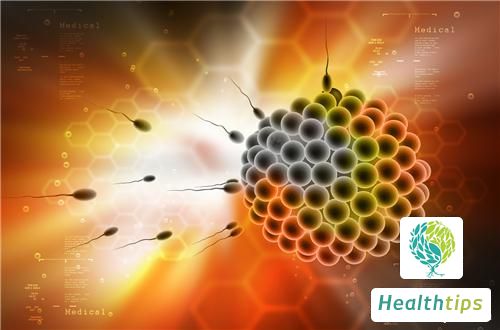Why Am I Not Losing Weight Despite Trying to Diet?
Many people who have tried to lose weight know that the initial stage often brings good results, but it becomes increasingly difficult in the middle and later stages. Despite the effort put in, the weight does not seem to budge, which can be frustrating and even lead to giving up. So, what are the reasons for the weight loss plateau? In fact, there are multiple reasons for this. Let's take a brief look at some of them.

1. Poor Mood: When you are in a bad mood or feeling anxious, your qi and blood circulation may be impeded, making it difficult for the body to metabolize heat and fat effectively. This can lead to weight gain or a stall in weight loss.
2. Eating Too Much: Eating large meals can burden the digestive system, requiring more blood flow to aid in digestion. This can slow down metabolism in other parts of the body, leading to incomplete metabolism of calories and their conversion into fat. This can contribute to weight gain or a stall in weight loss.
3. High Salt Intake: Consuming too much salt can lead to hypertension and increased water intake due to dehydration. The body cannot effectively detoxify when it is in a state of dehydration, and salt can retain water in the body, making it difficult to metabolize fat.
4. Constipation: The primary channels for eliminating toxins and fat from the body are sweat, urine, and feces. The human intestine can contain up to 1-15 kilograms of toxins. Constipation prevents these toxins from being expelled from the body, leading to an imbalance in intake and excretion, which can affect weight loss.
5. Consuming Alcohol or Sugary Drinks: Alcohol and sugary drinks contain high amounts of calories and carbohydrates that are difficult to metabolize, which can contribute to a stall in weight loss.
1. Diversify Your Diet: While trying to lose weight, you may have cut out many delicious foods. However, during a plateau, it's important to ease up on restrictions. Avoid limiting your diet to only vegetables or fruits, as this can lead to nutritional imbalances and a halt in weight loss due to a lack of protein for fat metabolism. Instead, aim for a balanced and healthy diet to maintain good health.
2. Increase Activity and Reduce Calorie Intake: If you're not seeing progress in your weight loss, it's time to review your diet and exercise habits. You may be eating too much or not exercising enough, or your exercise may be sufficient but your calorie intake is still too high. Adjust your routine to increase physical activity and reduce calorie intake within a healthy range to overcome the plateau.
3. Drink Plenty of Water: It is recommended to drink 2000-3000 cc of water daily to maintain a urine output of 1500-2000 cc. Drinking enough water can suppress appetite and ensure adequate hydration in the body.



















